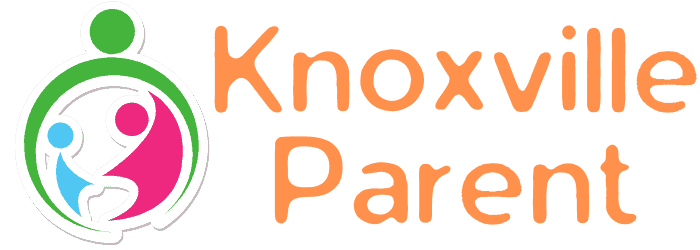by John Frederick Wolfe, M.D.
Juvenile rheumatic diseases are frequently chronic problems that extend over years. Over the past several decades we have made tremendous strides in slowing down, stopping and preventing various aspects of these diseases, but, we have not yet found a cure. Until then, enjoying a good quality of life with the disease is the challenge for young kids and teenagers.
In order to meet this challenge, the approach must be multi-faceted: using therapeutic modalities such as heat and ice, which can calm swollen, tender joints and muscles as well as maintaining a program of exercise and pacing which can strengthen joints and muscles without damaging them. This approach, combined with medications can make a huge impact on the quality of life as young people grow up.
However, social and the educational factors are just as important as physical treatment. For example, the child with arthritis can still participate in social and group activities through aquatic sports, which are a wonderful alternative to impact sports. A regular program of swimming can not only increase muscle tone and mobility, but can also give children a sense of worth and normalcy, because they have a sport they can work with and even excel in.
“The key is to remember that just focusing on only one aspect of fighting a disease is not going to get the job done.”
Education is, perhaps, the most important factor in preparing for later life. If juvenile rheumatic disease prevents a child from accessing the same educational opportunities as those children deemed non-disabled, making use of the 504 plan* within a school system (or any institution that receives federal financial assistance) can improve that child’s access. For example, maintaining an extra set of books, so that one does not have to carry them to and from school, or receiving help with therapy in school to learn how to write and use one’s hands properly is a very important aspect of taking care of juvenile rheumatic diseases. Also, the use of computers, keyboards, and voice activated programs can help these young people proceed with their education and become very productive, competitive, and active in life.
The key is to remember that just focusing on only one aspect of fighting a disease is not going to get the job done. Using multiple processes of fighting a disease with medicines, therapies, exercise, pacing, using the community resources for sports, for education, all contribute to making life almost normal for young children with rheumatic diseases.
*Section 504 states: “No otherwise qualified individual with a disability…Shall, solely by reason of his or her handicap, be excluded from the participation in, be denied the benefits of, or be subjected to discrimination under any program or activity receiving federal financial assistance. [29 USC§764]”
 Dr. John Frederick Wolfe, a North Carolina native, received his undergraduate degree from Duke University in Durham, North Carolina, and graduated with an MD degree from the University of North Carolina at Chapel Hill. His internship and residency was in Internal Medicine at the University of Missouri in Columbia, as was his fellowship in Rheumatology. He was on the faculty of the University of Missouri until he and Dr. Donna M. Winn founded the practice of Rheumatology Consultants, PLLC in 1979. He is board certified in Internal Medicine and Rheumatology.
Dr. John Frederick Wolfe, a North Carolina native, received his undergraduate degree from Duke University in Durham, North Carolina, and graduated with an MD degree from the University of North Carolina at Chapel Hill. His internship and residency was in Internal Medicine at the University of Missouri in Columbia, as was his fellowship in Rheumatology. He was on the faculty of the University of Missouri until he and Dr. Donna M. Winn founded the practice of Rheumatology Consultants, PLLC in 1979. He is board certified in Internal Medicine and Rheumatology.
Related posts
Newsletter Subscribe
Newest Posts
Set Up a Parental Control for Online Safety
Have you ever wondered how long your children spend in front of a device without your supervision? Yes, it is…
Adopt A Life, Save A Life
By Jeff Ashin, CEO, Young-Williams Animal Center. Photo by: Young-Williams Animal Center Are you or your child thinking of adding…


